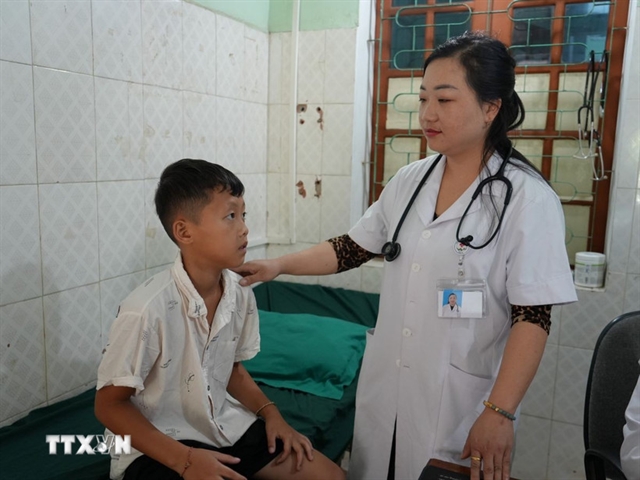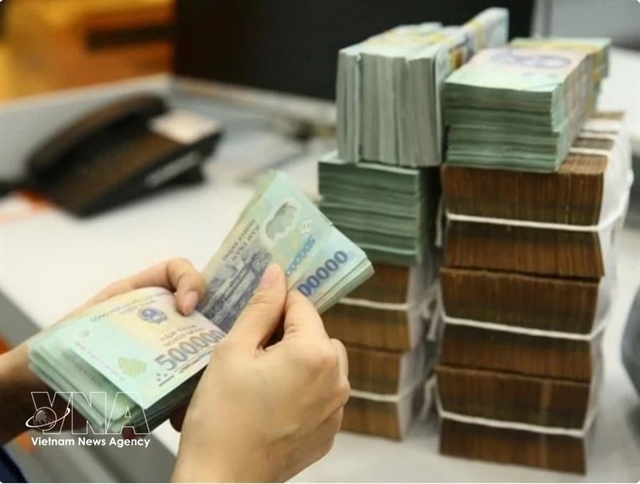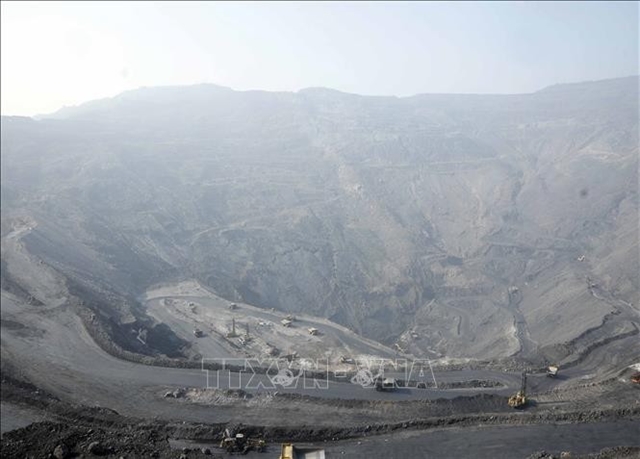 Society
Society


|
| Road No. 5 in Tân Thông Hội Commune’s Hậu Hamlet in HCM City’s Củ Chi District is being widened and asphalted under the national target programme on building new-style rural areas. – VNA/VNS Photo Xuân Anh |
HCM CITY – Forty seven of HCM City’s 56 rural communes have met all 19 criteria set in the national target programme on building new-style rural areas, according to the municipal Party Committee.
The 56, situated in five outlying districts, have met an average of 18.7 of the criteria related to planning, transport, irrigation, electricity, schools, income, education and training, health, environment and food safety.
Under the programme launched in 2008, the city has spent VNĐ73 trillion (US$3.1 billion) building infrastructure for socio-economic development.
More than 26,000 households in the five districts have donated nearly 300ha of land worth VNĐ2.2 trillion for building roads.
The city has built or upgraded 741 transport projects involving 1,233km at a cost of VNĐ5.2 trillion in rural areas since 2008.
It has also invested in 455 irrigation works that help prevent saltwater intrusion and store fresh water for agriculture.
Speaking at a seminar in the city last week, Nguyễn Phước Trung, director of the city's Department of Agriculture and Rural Development, said the per capita income in rural areas has increased by 301 per cent from 2008 to VNĐ63 million now.
The income gap between the city’s rural and urban areas has been narrowing each year, he said.
The average rural income was 55.5 per cent of urban income in 2008 but is 72.5 per cent now.
Nguyễn Thiện Nhân, secretary of the city's Party Committee, said the city has been able to mobilise large sums of money in the last decade to implement the programme.
The labour productivity and output of the city’s agriculture sector and the number of agriculture co-operatives have increased rapidly, he said.
The 56 rural communes have 76 co-operatives, 45 more than in 2010, with a total of 1,370 members.
The communes have identified vegetables, orchids, ornamental plants, ornamental fish, dairy cows, pigs, shrimp, and fish as key agricultural produce.
Most key produce are now produced under contracts between co-operatives and companies.
Nhân said however that the labour productivity of agriculture is low compared to the city’s average rate.
The number of farming households in the five outlying districts accounts for a small percentage of all households and would reduce gradually, and so the city should zone urban agriculture with high yields and quality, he said.
In Nhà Bè District, for instance, farming households account for 0.5 per cent of the total number, he said.
He urged relevant agencies and district administrations to implement the programme well, focusing on education and training, transport, schools, environment and food safety.
They should ensure that all rural communes meet the 19 criteria by next year, he said.
For that, the city has to improve rural labour productivity by adopting advanced farming techniques and technology, he said.
Huỳnh Công Hùng, head of the city’s Emulation and Reward Board, said the city seeks to increase the value of agricultural output to VNĐ900 million – VNĐ1 billion per hectare per year in 2020 – 25 and rural income per capita to VNĐ110 million.
It also seeks to increase the number of farming households in agricultural co-operatives to at least 20 per cent by 2025 from 7.7 per cent now, he added. – VNS




